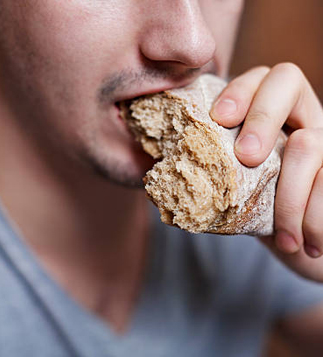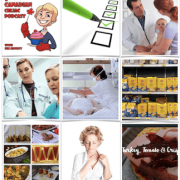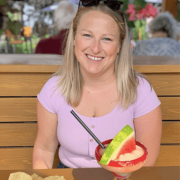Patients with Suspected NCGS Not Able to Identify When Challenged with Gluten
 The effect of a controlled gluten challenge in a group of patients with suspected non-coeliac gluten sensitivity: A randomized, double-blind placebo-controlled challenge.
The effect of a controlled gluten challenge in a group of patients with suspected non-coeliac gluten sensitivity: A randomized, double-blind placebo-controlled challenge.
- John Wiley & Sons Ltd, Neurogastroenterology & Motility 1
METHOD:
- Twenty patients (14F/6M, age range: 21-62 years) with suspected NCGS, without coeliac disease and wheat-allergy, were included while on a gluten-free diet.
- All patients went through four periods of double-blinded provocation, two with gluten and two with placebo in randomized order.
- They consumed two muffins a day (11/0 g gluten) for 4 days, followed by a 3-day wash-out.
- Gastrointestinal symptoms were recorded with questionnaires at baseline and after each provocation.
- We also investigated whether patients were able to correctly identify periods with gluten-exposure.
KEY RESULTS:
- Collectively the whole group reported the most severe symptoms after placebo (P = .012).
- Four out of twenty patients correctly identified the two periods when they received gluten, hence were diagnosed with NCGS.
- The diagnosed-group tended to show higher symptom scores than the not-diagnosed group both at baseline, after gluten exposure and after placebo, but no clear difference was seen between provocation with gluten and placebo.
- The not-diagnosed group showed more severe symptoms with placebo than with gluten (P = .029).
CONCLUSIONS AND INFERENCES:
- The present study showed that the majority of patients with suspected NCGS are not able to identify when challenged with gluten in a double-blind placebo-controlled food challenge, indicating that gluten is not the cause of their symptoms.
SOURCE ARTICLE
The effect of a controlled gluten challenge in a group of patients with suspected non‐coeliac gluten sensitivity: A randomized, double‐blind placebo‐controlled challenge













